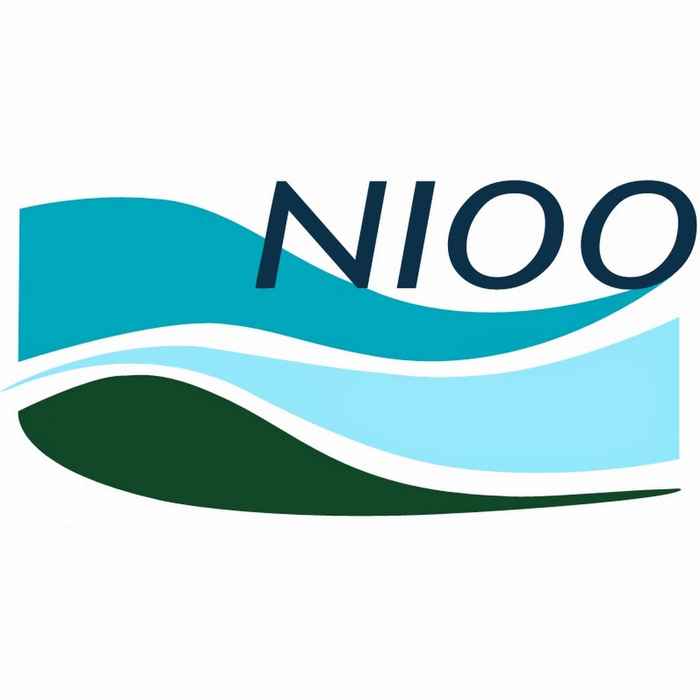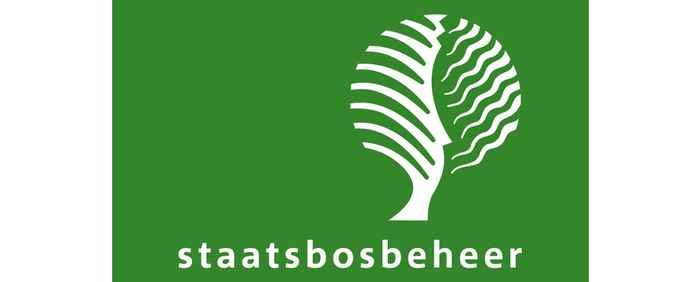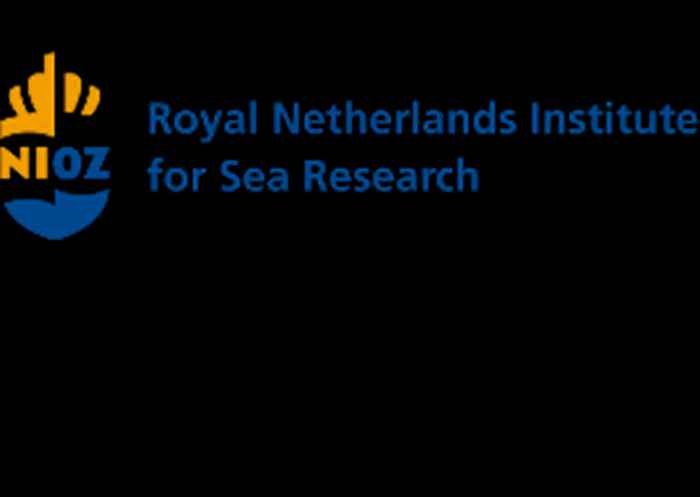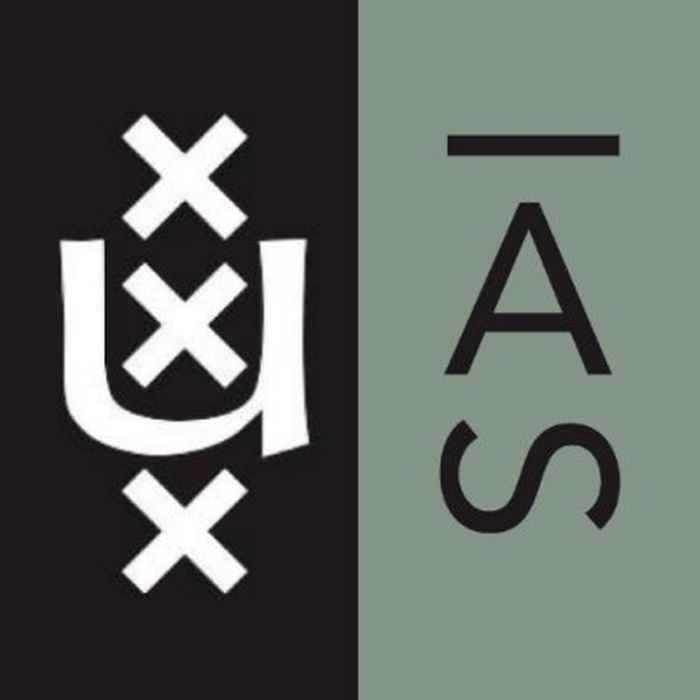Strategic partnerships
TCE currently closely collaborates with these external organizations:
- NIOO, Netherlands Institute of Ecology
- SBB, National Forestry Service
- University of Groningen
- NIOZ, Royal Netherlands Institute for Sea Research
- Institute for Advanced Studies, University of Amsterdam
- The Santa Fe Institute for Complexity Science (SFI)

Nederlands Instituut voor Ecologie (NIOO-KNAW)
With about 200 people, NIOO is one of the largest institutes within the Royal Netherlands Academy of Arts & Sciences (KNAW). It is their mission to perform leading ecological research in the themes of biodiversity, climate change, and sustainable use of land and water, to stimulate ecological research in The Netherlands, and to share ecological knowledge with society. NIOO-KNAW aims to understand how terrestrial and aquatic ecosystems function and respond to environmental changes and human impacts. With this knowledge, NIOO contributes to the design of new strategies for the sustainable future of life on earth.
The partnership between TCE and NIOO-KNAW on bird movement ecology is strengthened via the special chair of Professor Bart Nolet in ‘Waterfowl Movement Ecology’. Being a group leader at NIOO-KNAW, he is working part-time at IBED to facilitate information exchange, joint projects, and (PhD) student supervision.

National Forestry Service (Staatsbosbeheer)
Since 2015, managers of Staatsbosbeheer and scientists of IBED work together to understand ecosystem functioning of wetlands, specifically the Oostvaardersplassen. This cooperation became official in 2019 with the signing of a collaboration agreement between the director of the department of Knowledge and Expertise of Staatsbosbeheer and the director of IBED. Part of this agreement was the appointment of an honorary fellow. Dr. Perry Cornelissen of Staatsbosbeheer started in 2023 to implement this function. He focuses on bringing together managers of nature reserves and scientists to exchange knowledge and experience and to stimulate scientific research to develop new knowledge that can be implemented in the management of nature reserves: science-based management.
We also collaborate with Staatsbosbeheer on tracking of the newly established population of Caspian gulls.

BirdEyes, University of Groningen
Birdeyes is a science and creative centre that views the world – almost literally – through the eyes of birds. More and more birds are flying around with tiny transmitters, loggers and other high technology on their backs and legs. This generates an unimaginable amount of information. By combining such data with other sources of information, and by using new ways to tell stories and share the insights with, BirdEyes strives to open up a new knowledge network. BirdEyes is an experimental collaboration between the University of Groningen Faculties of Science & Engineering and Campus Fryslân, from which close working forms will be developed with kindred spirits at NIOZ Royal Netherlands Institute for Sea Research, the Department of Theoretical and Computational Ecology at the University of Amsterdam and Fryske Akademy.
Eldar Rakhimberdiev is part of BirdEyes. This connection facilitates development of joint postdoctoral, PhD and MSc research projects centered around monitoring of animal populations and their environment through data collected by animal borne tracking devices.

Royal Netherlands Institute for Sea Research, NIOZ
NIOZ is the national oceanographic institute and the Netherlands’ center of expertise for ocean, sea, and coast. They advance a fundamental understanding of marine systems, the way they change, the role they play in climate and biodiversity, and how they may provide sustainable solutions to society in the future. The overarching research questions at NIOZ are related to understanding how marine systems work, how they are changing due to anthropogenic and natural impacts, and what benefits can be sustainably obtained from them.
TCE collaborates closely with researchers from the Department of Coastal Systems (COS) and the Department of Microbiology & Biogeochemistry (MMB). Collaborations take the form of joint research projects, long term bird tracking programs, joint PhD supervision, student projects and guest researchers positioned at TCE.

Institute for Advanced Studies (IAS)
The Institute for Advanced Study (IAS) is a leading international institute and the first of its type to be founded in the Netherlands. IAS offers researchers a home to collaboratively work on complex scientific and societal challenges in an environment, where existing paradigms and traditional boundaries between academic disciplines are transcended. The goal of the Institute is to create new knowledge for complex scientific and societal challenges.
TCE closely collaborates and is active in different initiatives and projects at the IAS. Artzy-Randrup and Hickey are affiliated with the ‘Coupled Human and Natural Worlds’ theme and the ‘Polder’ initiative via the ‘Future of Energy’ (FoE) section. Since 2022, FoE holds a close connection with the new interfaculty research priority area (RPA) of the University of Amsterdam, ENLENS (Energy Transition through the Lens of Sustainable Development Goals). FoE seminars and ENLENS jointly deliver new insights and discussions on how the European energy transition can have impacts across the entire world that are strongly intertwined with essentially all Sustainable Development Goals. Artzy-Randrup has held an IAS fellowship, is a member of the IAS review, and de Roos is an associate of IAS.
Santa Fe Institute for Complexity Science (SFI)
Santa Fe Institute for Complexity Science (SFI), situated in New Mexico (USA), is a pioneering research institute and the first of its type that is dedicated to the study of complex adaptive systems. SFI has contributed to the advancement of areas such as the Science of Networks, Scaling Theory, Genetic algorithms, Ecological Stability & Resilience and more.
TCE collaborates with groups studying complex adaptive systems and their dynamics and TCE member de Roos is affiliated with SFI as external faculty.